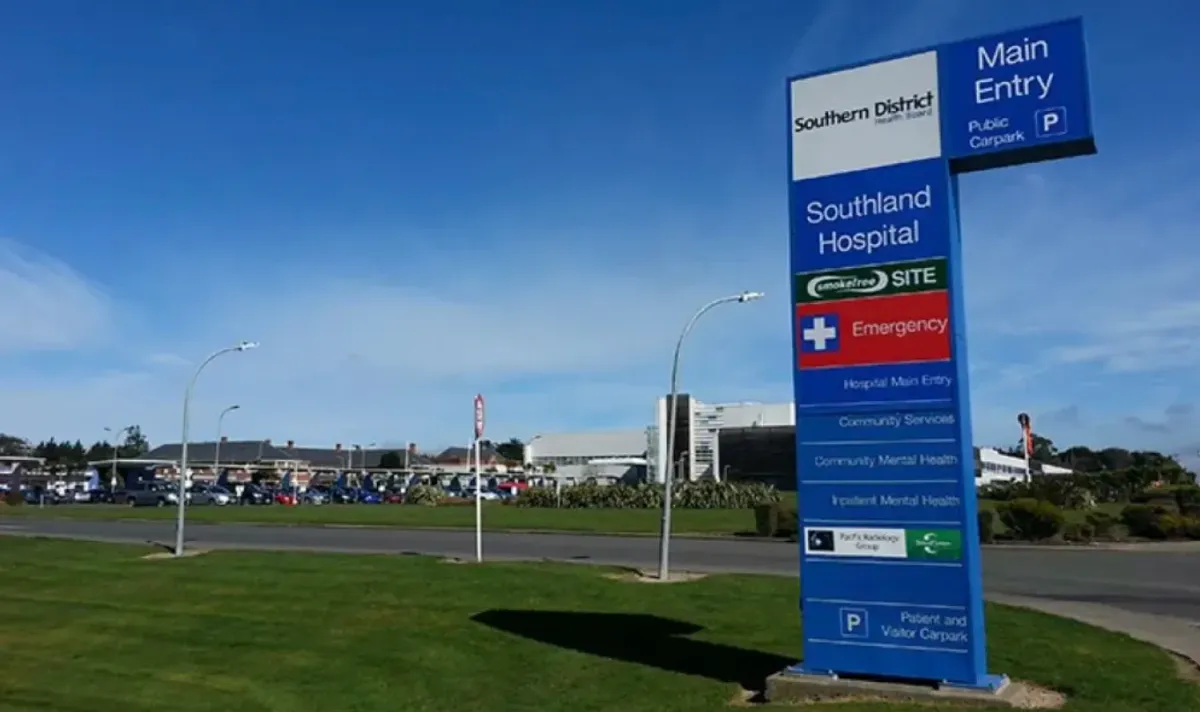- Man’s death linked to lost patient information and lack of initial assessment
- Health NZ acknowledges failures in standard care practices and issues apology
- Changes made to hospital procedures to prevent similar incidents
The Deputy Health and Disability Commissioner has found that Health New Zealand Southern and a registrar breached a patient's rights under the Code of Health and Disability Services Consumers' Rights. The findings relate to a man who died of a brain haemorrhage after hospital staff did not know he was taking blood thinners due to a misplaced patient information packet.
The incident began when the man, who had an unwitnessed fall at his care home, was taken to Southland Hospital’s emergency department. His medical information, meant to accompany him in a yellow envelope, was misplaced. As a result, hospital staff treating him were unaware that he was on anticoagulants.
Initial assessments were delayed, with the man’s first observations taken about six hours after his arrival. A hospital registrar saw him nine hours after admission, noting that there was no yellow envelope. Unaware of his blood-thinner medication, the registrar did not order a CT scan. The man was discharged back to his care home the next day but soon fell seriously ill and was returned to the hospital. A CT scan then revealed an intracranial haemorrhage, which ultimately led to his death.
Deputy Health and Disability Commissioner Deborah James criticised Health NZ for failing to provide “services with reasonable care and skill,” noting that there was no established protocol for ambulance staff to hand over yellow envelopes when no emergency department beds were available. This lapse, she said, led to the man’s envelope being misplaced. Furthermore, she highlighted that initial assessments were delayed, and multiple clinicians did not realise the man was on blood-thinning medication.
James stated that, given the man’s age, fragility, and head injury, a CT scan should have been performed upon arrival, regardless of his medication status. She recommended that both Health NZ Southern and the registrar formally apologise to the man’s family and that Health NZ establish a standard procedure for handling yellow envelopes when no beds are available.
Since the incident, Health NZ Southern has taken steps to address the issues raised. It has increased the number of night-shift nurses and ensured that a medical imaging technologist is always available to perform scans. The registrar involved has also implemented several procedural changes.
Health NZ Southern accepted the findings and apologised to the man’s family. David Gow, Health NZ Southern’s chief medical officer, stated, “Our aim is always to provide excellent healthcare, and we deeply regret that in this case we did not meet those high standards. We have apologised to the patient's family for the failings identified in the report that led to this tragic outcome."
In response to the report, Health NZ is collaborating with ambulance provider Hato Hone St John to create a standardised process for securely transferring patient information packets. Staff are also undergoing additional training to minimise the likelihood of similar errors.


